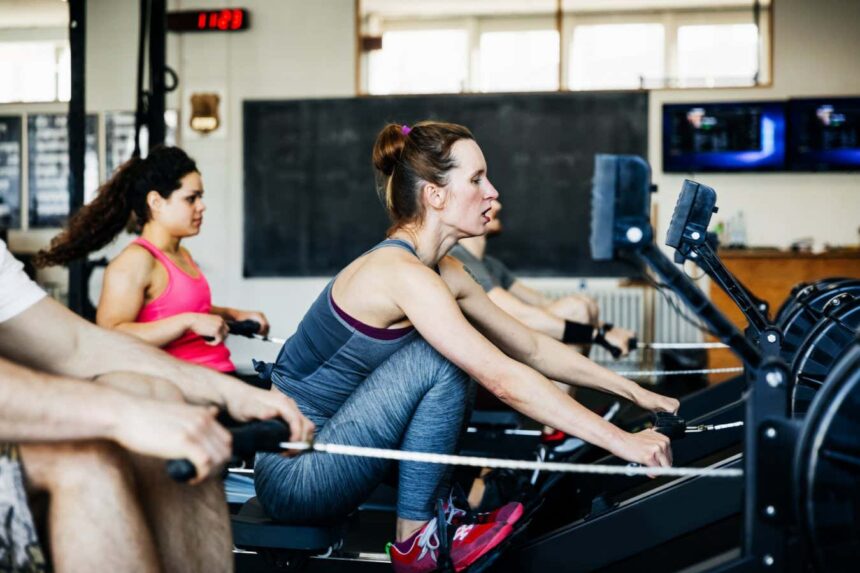
Working out seems to have a cancer-fighting effect
Franziska & Tom Werner/Getty Images
Exercise is known to help prevent cancer and suppress the growth of existing tumours. It is also associated with changes in the gut microbiome – and now researchers have shown how these changes could result in exercise’s cancer-fighting effect.
Marlies Meisel at the University of Pittsburgh in Pennsylvania and her colleagues gave an aggressive form of melanoma to two groups of mice. One group had been on a four-week exercise regimen, while the other group had been sedentary.
As expected, the mice who exercised had smaller tumours and better survival rates. However, in animals treated with antibiotics or kept completely germ-free, exercise showed no benefit. The evidence was clear: the magic was in the microbes, as well as the molecules they produce, called metabolites.
But the microbiome makes thousands of metabolites, so the researchers used machine learning to help sift through the candidate molecules and landed on formate. This is a metabolite of bacteria that is increased by exercise and boosts the potency of CD8 T cells in the immune system – which are key to fighting cancer.
Next, the team looked at 19 humans with advanced melanoma. Those with high levels of formate had longer progression-free survival than those with low levels.
“This research highlights the importance of assessing the metabolites the bacteria are producing, and not just which bacteria,” says Meisel.
Ken Lau at Vanderbilt University, Tennessee, who studies how the microenvironment in the gut influences conditions such as colorectal cancer and inflammatory bowel disease, says this kind of research is exciting because we are learning how to tap into the pathways of specific molecules to fine-tune immune responses. But he warns that there is more research to do. “What happens if the patient stops exercising? Does the effect fade or does it somehow persist? There’s a lot we still need to understand,” he says.
Meisel and her team are now looking at whether exercise-induced changes to the gut microbiome could play a role in other conditions.
Topics:







